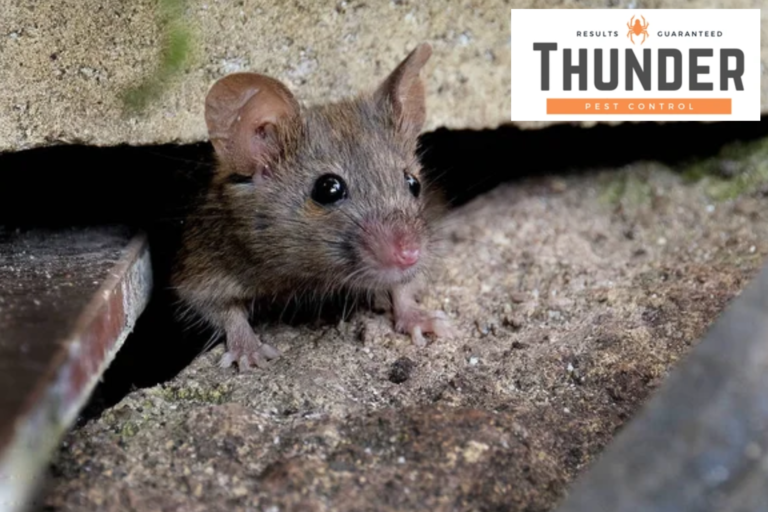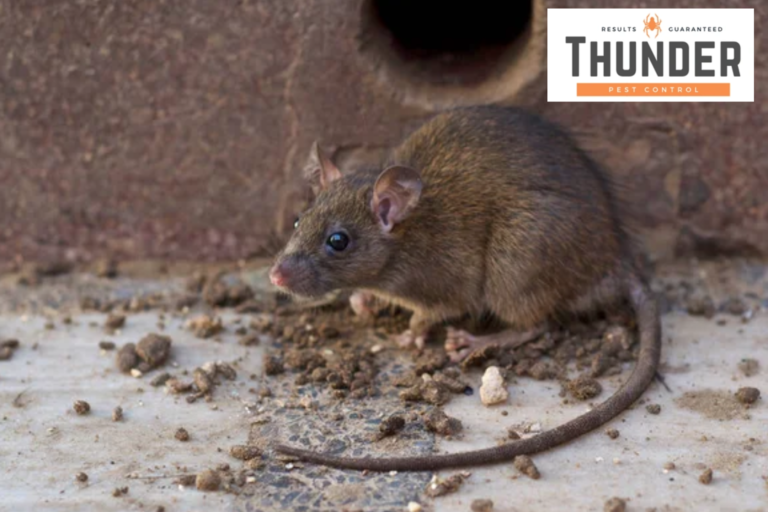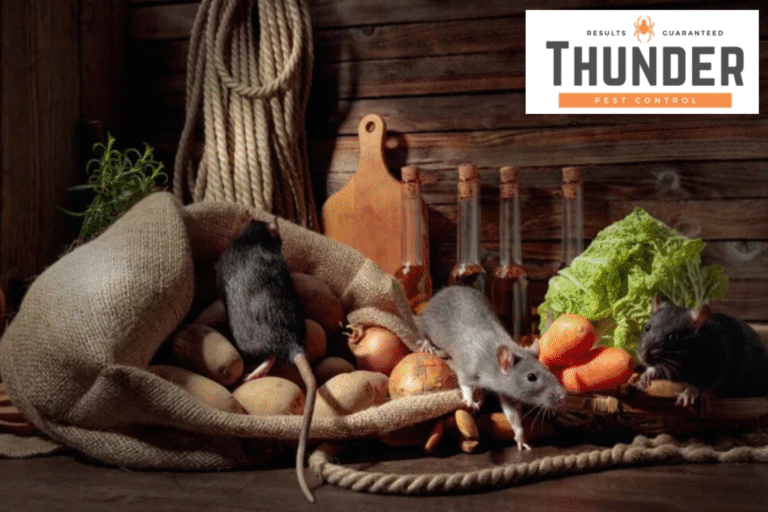Seeing wasps in your yard is never pleasant but did you know your outdoor space might be acting as a full-service buffet for them? From sugary drinks to crawling insects, your yard could be serving up everything wasps love. Understanding what wasps eat is one of the first steps to controlling their presence and keeping your property safe from infestations.
This article takes a deep dive into the dietary habits of wasps, what attracts them to your yard, and what you can do to stop rolling out the red carpet for these uninvited guests.
What Do Wasps Eat?
Wasps are opportunistic feeders with diverse diets that vary depending on their species and the time of year. Most wasps are either solitary or social, and their food preferences differ slightly. Social wasps, which form colonies, are more likely to cause issues around your home or business.
So, what do wasps eat? Generally, their diet includes:
- Sugars and carbohydrates: Wasps are drawn to nectar, overripe fruit, soda, candy, and anything sugary.
- Proteins: Insects, meat scraps, and even pet food attract wasps, especially during the colony-building season.
- Carrion: Some wasps scavenge dead insects or small animals, acting as natural cleaners.
- Human food: Outdoor barbecues and picnics provide a buffet of both sweet and protein-rich options for hungry wasps.
Seasonal Shifts in Wasp Diets
Wasps’ food preferences shift throughout the year depending on the needs of their colony:
- Spring: Queens emerge from hibernation and search for protein to feed developing larvae. This is when they’re most interested in insects and meat.
- Summer: Workers continue feeding larvae protein but begin seeking more sugar for energy.
- Fall: As larvae production decreases, adult wasps focus heavily on sugary foods. This is when they tend to be most aggressive around food and drinks.
Understanding this pattern is crucial if you’re trying to avoid attracting them during backyard activities.
What’s Luring Wasps to Your Yard?
Now that we’ve covered what wasps eat, let’s break down the most common food sources in your yard that may be drawing them in.
Overripe Fruit and Sweet Plants
Fruit trees, berry bushes, and flowering plants can all appeal to wasps, especially during late summer and early fall. As fruit ripens and begins to ferment, it becomes irresistible to wasps looking for sugar.
Keep your yard tidy by picking up fallen fruit regularly and trimming back overgrown flowering plants near your home’s entryways.
Insects and Spiders
Wasps are natural predators and will hunt for insects like flies, caterpillars, and even spiders. If your yard is teeming with insect life, don’t be surprised if wasps start showing up. While this makes them helpful in small numbers, larger populations can quickly become a nuisance or danger.
Regular pest maintenance, such as professional pest control Durant OK, can help manage the broader insect population and, by extension, deter wasps.
Grills, Trash Bins, and Outdoor Dining
Leftover meat, sugary condiments, open drink containers, and improperly sealed garbage are major wasp magnets. These protein and sugar sources mimic their natural diet, and human food is often easier to access.
To keep wasps away from your dining areas:
- Rinse soda cans and bottles before disposal
- Keep food covered during meals
- Wipe down tables, grills, and patio furniture
- Use tight-fitting lids on outdoor trash and compost bins
Pet Food and Water Dishes
Pet food bowls left outside during the day are often targeted by wasps looking for protein. Moist kibble and standing water provide both nutrition and hydration.
If you feed pets outside, try to serve food during times when wasps are less active (typically early morning or late evening), and always remove bowls immediately after feeding.
Unusual Visitors: The Blue Wasp
Among the more eye-catching backyard visitors is the blue wasp also known as the steel-blue cricket hunter. This solitary species is generally not aggressive to humans and plays a beneficial role by preying on crickets and other insects.
Although its metallic color can be startling, this species helps naturally manage garden pests. However, a growing number of wasps of any kind can still pose a problem, especially for those with allergies or small children.
How to Minimize Wasp Food Sources
If you want to reduce the chances of attracting wasps, consider implementing these strategies:
- Harvest fruits and vegetables promptly.
- Limit flowering plants near living areas.
- Cover compost piles.
- Feed pets indoors or supervise and remove bowls after meals.
- Install fine-mesh screens over vents, sheds, and attic spaces.
- Use sealed garbage bins and clean them regularly.
These simple changes can significantly reduce your property’s appeal to wasps.
When to Call for Help
If you’ve done everything right and still notice increased wasp activity or worse, discover a nest it’s time to seek professional help. Attempting to remove a nest on your own is risky and often results in multiple stings.
Whether you’re dealing with aggressive wasps near your porch or a colony forming under the eaves, professional exterminators trained in wasp control near me services can assess the situation and resolve it safely.
This is especially important in areas like Durant, where fluctuating weather can influence insect patterns. Trusted Durant pest control professionals can provide targeted treatments and help prevent re-infestations.

Proactive Prevention Works
The key to keeping wasps away is staying proactive. Understand their food sources, monitor seasonal behaviors, and eliminate nesting opportunities before they arise. The more you know about what’s on the menu for wasps, the better you can adjust your environment to make it less inviting.
From maintaining clean outdoor areas to working with experienced pest control professionals, a few simple steps can keep your yard comfortable and wasp-free.
About Thunder Pest Control
Thunder Pest Control is proud to serve Durant, OK, and surrounding areas with expert pest management solutions tailored to your needs. Whether you’re concerned about stinging insects, crawling pests, or rodents, our team delivers safe and effective treatments for lasting protection.




